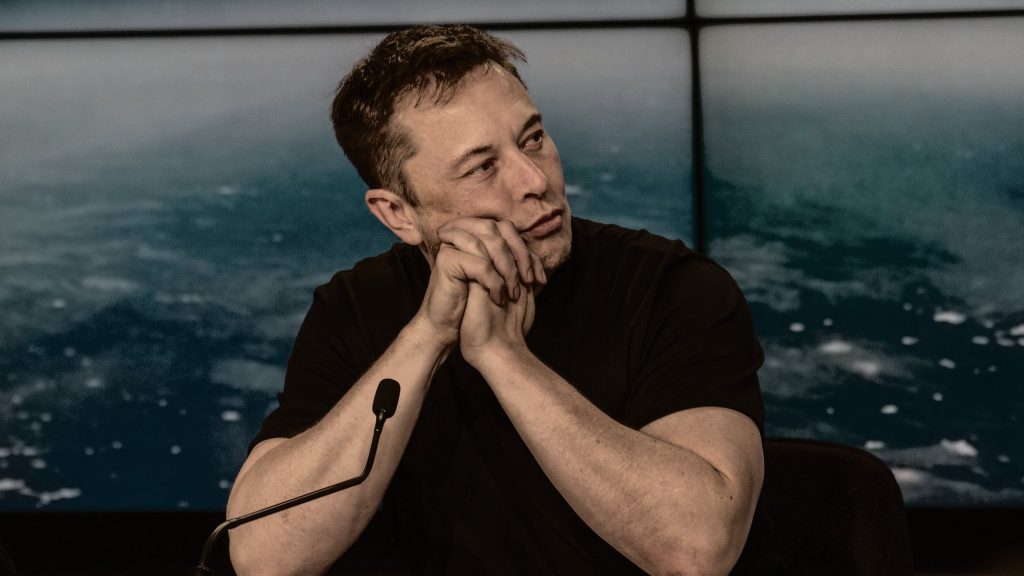Elon Musk Wants To Give All U.S. School Bus Riders Free Internet Access
Elon Musk has sent a request to the FCC asking for approval to use his SpaceX service to provide all U.S. school buses with free internet access.
Internet access is still an issue for millions of students. Long school commutes also add strain on children being bussed through rural areas. In order to combat both issues, Elon Musk’s SpaceX company is seeking to provide U.S. school bus riders with free Starlink internet access.
Starlink utilizes satellites to provide internet service. This SpaceX service offers portability options that are now being considered for public school buses. It is now available around the world.
Some 400,000 users are subscribed to the service worldwide, thanks to the company’s ability to deploy over 3,000 satellites so far. Due to the growing success of this service, SpaceX sent a letter to the Federal Communications Commission last week detailing their plan to offer free internet access for public school buses. While the details are still being determined, if accepted, this initiative would transform how children arrive and depart school.
SpaceX is already launching pilot programs to test the initiative. It has partnered with multiple school districts to provide internet access to students with a commute of 60 minutes or more. The majority of these children live in rural areas that do not often host mobile internet services.
SpaceX is encouraging students to excel in their schoolwork by offering the opportunity to use commute time for studies so that children can enjoy being with family and friends once the school day is over. This plan is also expected to help combat the ongoing internet shortage in various households. The FCC has reported that some 17 million students are currently living without at-home internet access.
In the technological age, this affects their schoolwork and ability to properly research projects and papers. This idea isn’t new. Earlier this year the FCC Chairwoman proposed equipping buses with Wi-Fi utilizing school funds.
This program was tested utilizing $7.7 billion in COVID-19 emergency relief funds through a newly created Emergency Connectivity Fund. SpaceX received approval to offer mobile broadband services this summer. Due to the nature of the company’s shared interests with the FCC proposal, it has offered to pay for the program moving forward.
The idea is that students will be able to utilize their travel time to complete homework and focus on their studies. Whether SpaceX will also help schools employ educators for these bus trips in order to ensure that students are not surfing the web or getting into inappropriate content has yet to be released. Concerns over technology addiction and the adverse effects of long-term screen time for children may also be raised.
Furthermore, it is unclear whether or not families living in remote locations approve of this plan. Many rural Americans prefer living away from highly populated areas. This lets them avoid mass media messaging and technology overload.

Public schools have struggled to balance their budgets for ages. Now that SpaceX is getting involved in providing free internet access to schoolchildren who have long bus rides, this service will likely be accepted and implemented. Whether it increases student proficiency or contributes to youth technology addiction and other health issues connected to long-term screen time remains to be seen.







